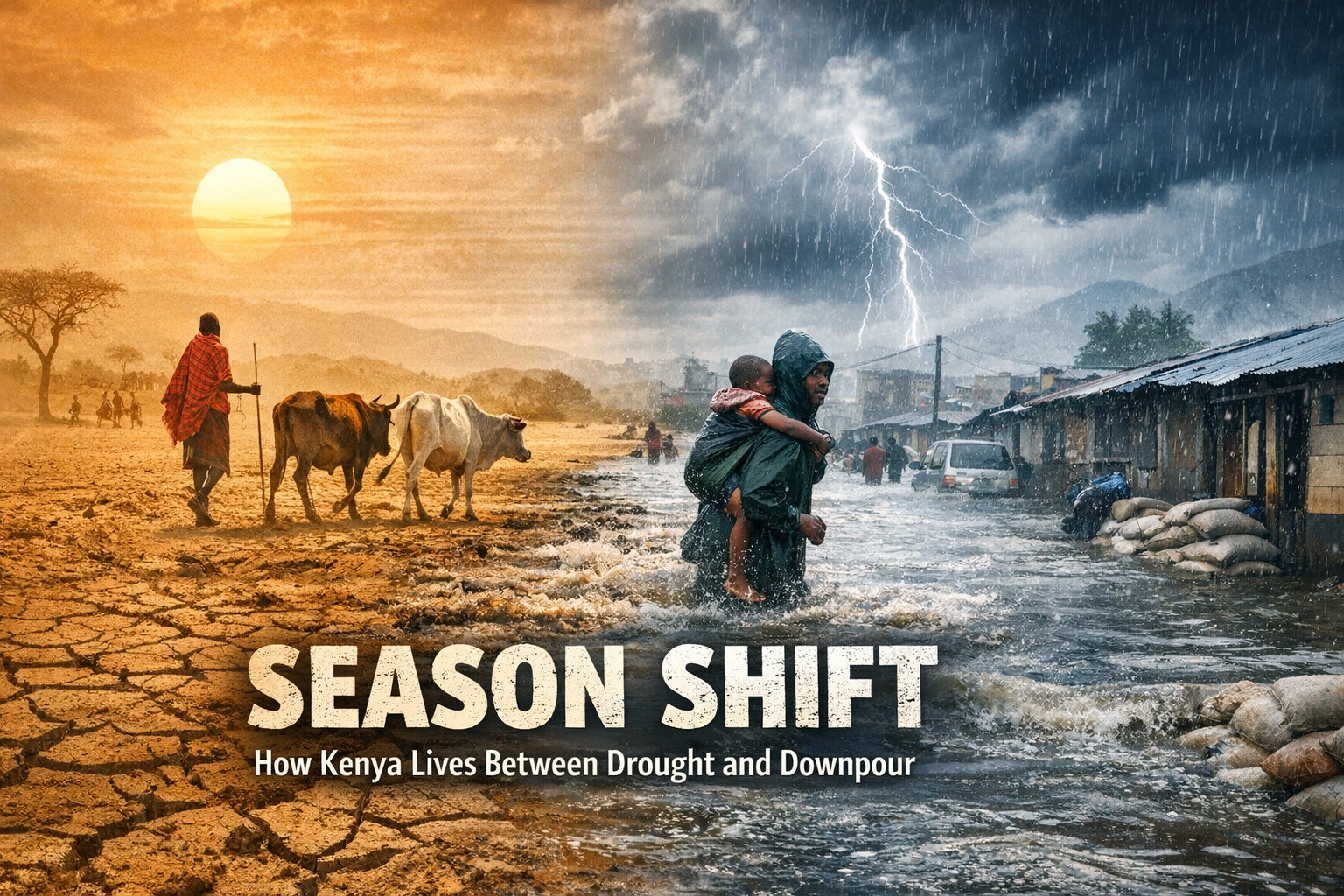- Introduction of soil friendly manure has been a remedy for the sour wound affecting soils. For example, seaweed fertilizer, which is organic in nature, has proven effective. With inputs like improving soil texture, mending water retention and reducing diseases, it has surpassed chemical fertilizers since it is cordial to the soil.
Seaweed Fertilizer, A Healing Touch For Ailing Soil
14 Jun, 2024 02:42 PM

Soils are carbon pools and are, hence, pivotal contributors to the rehabilitation of the planet. The health of this crucial carbon sink ensures the sustenance of plant life, ecosystems, and agriculture.
Soil absorbs a considerable amount of CO2 emitted by human activities and facilitates the uptake of nitrogen and phosphorus from the atmosphere.
However, organic soils have been haunted by the ugly nightmare of climate change, down-trending their efficacy, which stretches from human subsistence to natural nourishment like water purification.
Soils have been at the mercy of climate change, with perils like soil erosion and altered alkalinity peeping as a result of changes in temperature and unpredictable rainfall patterns. Heavy downpour leads to increased soil erosion, while reduced rainfall accelerates drier top soils, remodelling soil structure.
Human efforts of goodwill have been made to ensure the well-being of soils, such as applying fertilizers to retain soil fertility. Nevertheless, intensive administration of inorganic fertilizers has proven hazardous to the soil, demanding a review of the fertilizer syllabus.
Introduction of soil friendly manure has been a remedy for the sour wound affecting soils. For example, seaweed fertilizer, which is organic in nature, has proven effective. With inputs like improving soil texture, mending water retention and reducing diseases, it has surpassed chemical fertilizers since it is cordial to the soil.
Ms Hanaan from Kwale, Kenya, has championed the seaweed manure narrative by nurturing an organic farm where she manufactures this vital commodity. Her efforts have yielded fruits as soil fertility has improved, and pests have been controlled biologically.
“We do purely organic farming, and empower young women and local farmers to conduct this type of farming. We also do production of seaweed fertilizers and various compost fertilizers,” she said during a visit by Smart Mechanized Agriculture & Climate Action for Humanity & Sustainability (SMACHS) Foundation and Founder, Swahilipot Hub Foundation, Mahmoud Noor.
Since the seaweed fertilizer industry is still in its infancy, it has been confronted by challenges like the spread of diseases, invasive species, and the continued refinement of production methods. These adversities have not obstructed this initiative’s journey towards robust soils.
Related Topics
Leave a comment
No comments yet. Be the first to share your thoughts!
Connect with Us
Trending Stories
Latest Stories

3 weeks ago
Electric Shift: What Kenyans Should Know Now





